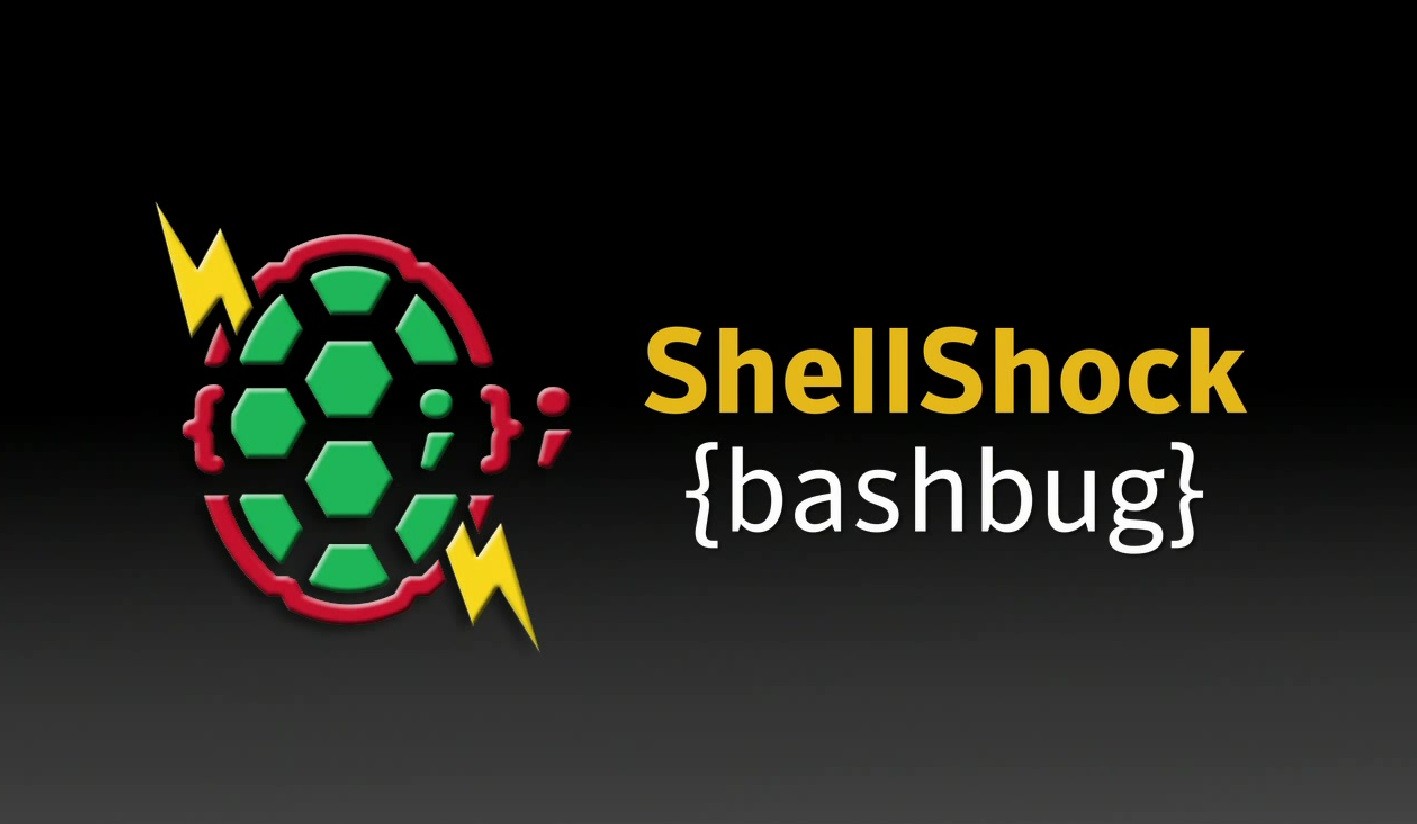The desktop OS market is a two horse race between Windows and Mac OS X. But there is one more dimension to this,
LINUX.
It was way back in late 90's, I went to my neighbor's house, he was my computer teacher back then in school, I noticed
That his system is something different. Screen with different different colors. As a school kid, I got attracted to that. Seriously!!! That was my first encounter with LINUX
My first reaction was, wow! Colorful screen and it's damn fast. Then I remembered about my windows on my system ( I used windows 95 then). Probably, some of you might have had used it, whoever used it would know how horribly slow it was.
Like everyone else in this room I was also trained to use Windows desktop in school. Every time it boots, makes me think of that colorful, high-speed OS which I saw in my neighbor's house.
And finally, during the Diploma course I did, I had to learn UNIX for 2nd year. It was then I was introduced to UNIX/LINUX. If you ask me frankly still I am confused what is the difference between UNIX/LINUX. Anyway, moving on.. I was too good at writing shell scripts. My love for Linux has gone up by one more notch. Back then I used to play with a normal Live CD like 'Knoppix' for system recovery and backup activities which requires a minimum knowledge of mounting, copying files etc.. While studying engineering, one of my professors Raju garu, gave us Ubuntu initial version in late 2004. I installed it in my system, needless to say that I feel much better using Linux rather than windows. Wait a minute... Then a great thing happened in Linux world... The release of PUPPY LINUX in 2005, which is the smallest Linux OS with all necessary apps provided in it. Anybody here can guess the size of it? Just 128MB.
I used Linux as an alternative to windows, whenever a windows crash/ whenever backups needed, I used Linux. This went on till 2008. Then came Ubuntu hardy which is the first best Linux OS to be in competition with windows. I left home in late 2008, to join Corporate world. Since then I have been using windows only.
When I said, I bought my laptop and yet to install Linux, this was my roommate's reaction. :-O
Though, I had a little bit of exposure to the Linux desktop environment, getting started with a full-on desktop Linux installation is a huge decision. I started researching about various Linux OS's. To my surprise, there are hundreds of different Linux OS', after cramming through the blog posts regarding the best Linux distro for beginners, I decided to go with Ubuntu. One of my friends suggested to use Ubuntu for new Linux bees. So, I tried to download Ubuntu, in its website I saw so many different types of Ubuntu itself ( show a screen shot of various flavors of Ubuntu from their website), after a rigorous research on these distributions, I chose Ubuntu 12.04 LTS 64-bit.
Configurability:
----------------
One main thing I love about Linux is, it's highly configurable. Now, my laptop does not have unnecessary modules like, .net framework updates, which I am never going to use and now I am not scared of unnecessary updates which makes my OS bloat and I can easily switch on to the various sub-flavors like Lubuntu, edUbuntu, Kubuntu, without breaking anything ever. Once the main OS installation is over, we can play with all the other flavors easily. No need to restart every time you update/install softwares.
Updates & Upgrades:
-------------------
Could get automatic updates, which I am interested in. [With the Ubuntu's decision of exposing unstable artifacts in 2007, one can get automatic updates of their favorite module, even before it's released and they are called as PPA's. My current laptop has more sophisticated PPA's now]. Updates are good in some sense, you get new tools and softwares to use, maximum atomization you get with updates. Now those days were gone where I get scared and irritated by looking at the windows update alert. :-D
Here comes one more major reason, why I love Linux. It's a good platform for networking. Be it video streaming in YouTube, video recording via Skype, name anything, you could make it rapid quickly. I experimented this with my WI-fi connection and a well known broadband connection of same speed rate.
With a little bit of tweaking you could experience high speed networking. Though this may not concern or appeal to most of the people because of the high end network speed era we are living in.
Though, I know and noticed (practically too) that my battery is draining quickly when compared to using it on windows. I am hopeful that I will find a better solution for this. And guess what, Indeed there is a good solution for this. (Will post the solution soon)
General Misconceptions about Linux:
------------------------------------
Most of the people have a misconception that, we cannot play games on Linux system. Which is absolutely wrong. There are so many simulations and even better games than the most windows based games. Simply start over and dive into Open source marketing, am sure you will not be bored.
A compromise would be, you should be the sole administrator of your system, no tool would give you 100% relief from stability issues, hardware issues and it will take some time to adjust to the Linux world and fully capable to use Linux machine. A simple silly mistake like, forgetting to set mountable file systems in the configuration file. Would cause make your system useless.
However, every issue you face teaches some new concept to you. Which is the best thing I love about Linux.
It's a wonderful experience of being a Linux enthusiast.
These are just some of the options that are out there for Linux users. Many detractors of Linux may proclaim that the diversity of Linux makes it too complicated to learn, but with a little research and perhaps using one of these distributions as a starting point ( Ubuntu/Linux mint for beginners ), you should find your own Linux experience a rewarding one.
My recommendations to people who want to start using Linux, install and play with Ubuntu or Linux mint first then slowly go to debian/Fedora/Arch Linux. With Ubuntu tech forums Linuxing would be a rewarding experience for computer geeks.
Happy linuxing...








